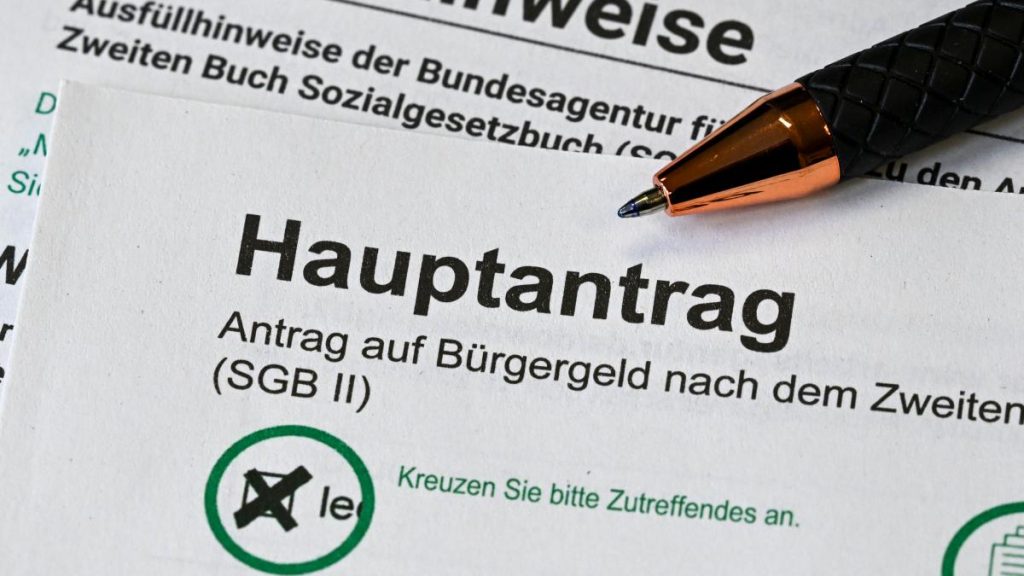In 2023, nearly 16,000 recipients of Bürgergeld had their benefits reduced by the job centers due to rejecting job offers or not continuing with work, according to a report by the Redaktionsnetzwerk Deutschland (RND) based on an evaluation by the Federal Employment Agency (BA). Among the 15,777 cases were individuals who declined training or further education programs. In Germany, around 5.5 million people receive Bürgergeld, of which 3.9 million are considered as capable of working. This means that the benefits of around 0.4 percent of working-age Bürgergeld recipients were reduced.
The Federal Cabinet approved tougher measures for Bürgergeld in January, allowing job centers to completely cut off benefits for up to two months if individuals persistently refuse job offers. However, since the data from the BA is from December, the reductions were based on the old legal framework. It is expected that under the new laws, fewer individuals will have their benefits completely cut. A BA spokesperson stated that the boundaries for applying stricter sanctions are much tighter now. Ulrich Schneider, the managing director of the Paritätischer Wohlfahrtsverband, criticized the government’s approach, calling it “political theater” and accusing them of trying to create divisions between workers and those receiving benefits. He argued that the numbers show very few individuals are completely refusing to work.
The new regulations aim to reduce the number of individuals who refuse suitable job opportunities or training programs, leading to their benefits being cut. The intention is to encourage more active participation in the labor market and reduce dependency on social benefits. However, critics argue that the measures are too harsh and do not take into account individual circumstances or barriers to employment. The debate around the effectiveness and fairness of these policies is ongoing, with advocates for the changes emphasizing the importance of incentivizing work while opponents highlight the potential negative impact on vulnerable individuals.
The adjustments to the Bürgergeld system are part of a broader effort by the government to address unemployment and increase workforce participation. By implementing stricter measures and penalties for those who refuse work opportunities, policymakers hope to reduce the number of long-term unemployed individuals and encourage more people to enter the job market. These changes are part of a larger strategy to reform the social welfare system and promote greater economic self-sufficiency among citizens. The debate over the balance between providing support for those in need and encouraging self-reliance continues to shape discussions around social policy in Germany.
While the government argues that the changes are necessary to combat long-term unemployment and encourage individuals to take advantage of available job opportunities, critics raise concerns about the impact of these measures on vulnerable populations. Individuals who face barriers to employment, such as lack of qualifications or health issues, may struggle to meet the new requirements and face cuts to their benefits as a result. It remains to be seen how the new regulations will be implemented in practice and what the overall impact will be on those receiving Bürgergeld. The discussion around social welfare policy and labor market participation is likely to continue as policymakers and advocates seek to find a balance between support and incentives for individuals seeking employment.















